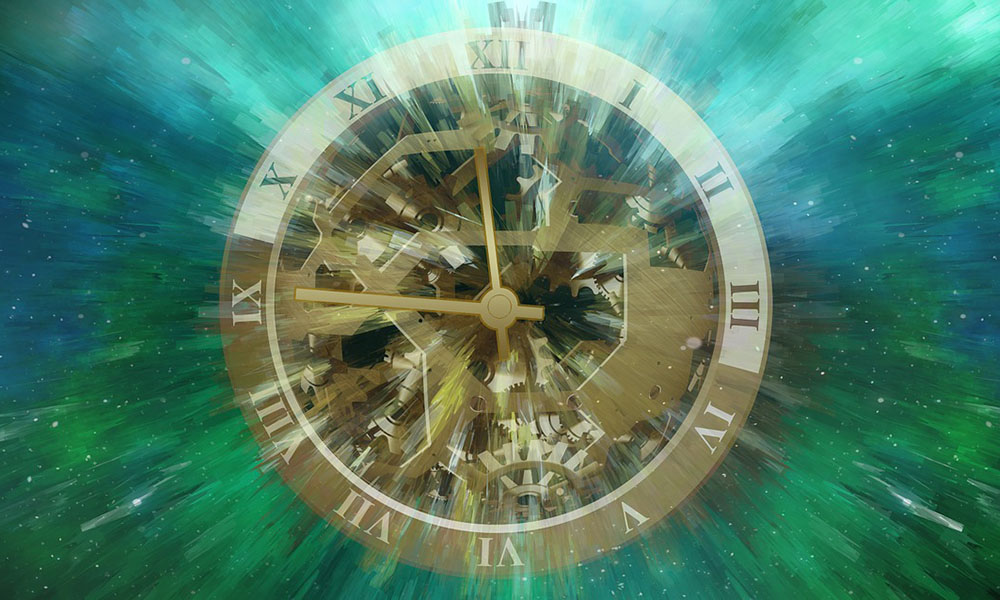Mass is a central concept in physics. Yet, when people go looking for it by…

Time Related Experiments
Einstein predicts two types of time dilation, both of which have been tested and confirmed. One is the effect of gravity on time, the other is the effect of relative motion on time. Time goes faster in space than on earth, and radioactive particles decay slower when moving at great speeds. However, this doesn’t mean that Einstein has been proven right in his conclusions. There are other ways to explain this than through a curvature of space-time.
Aether physics vs. space-time
My aether physics ends up with similar results for both gravity and motion. These results are not identical to those of Einstein. There are discrepancies. Most notably when it comes to gravity. But they are similar enough for us to say that there’s at least one alternative explanation to the observed facts. Instead of a curvature of space-time, we can explain the observed phenomena as features of the aether. But we don’t have to stop at this. There are other experiments that can be made, the outcome of which would determine more clearly whether time is a phenomenon related to the aether or a component of space-time.
Most theories that invoke the aether explain gravity in terms of densities. Space isn’t curved. Rather, the aether is different in its composition close to massive bodies than farther away. In my theory, this difference in composition extends beyond gravity. The electric force and magnetism are explained in similar ways. Hence, there are experiments that can be made where clocks are put into strong electric or magnetic fields. Specifically, we can make the following predictions:
- attracting magnetic fields slow clocks down
- repelling magnetic fields speed clocks up
- attracting electric field speed clocks up
- repelling electric field slow clocks down
The effects of the electric field are opposite to those of the magnetic field.
Testing Einstein’s predictions
I’m no expert on Einstein’s work, but this article indicates that there are predictions that can be made based on his work as well, so it would make sense to test this, if for no other reason than to confirm his predictions.
Such experiments must necessarily be done with clocks that are extremely accurate as well as mechanically indifferent to electric and magnetic fields. That may prove difficult to find. However, the experiments are likely to reveal more about the nature of space and time, and are therefore well worth making, if at all possible.



Comments (0)